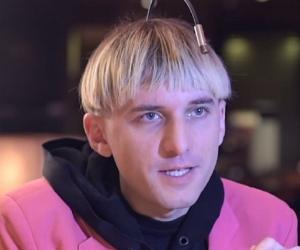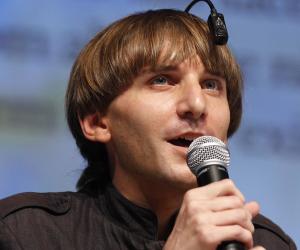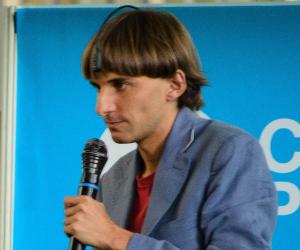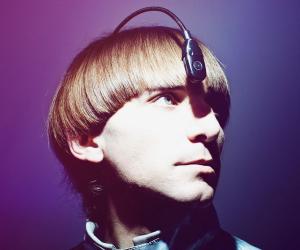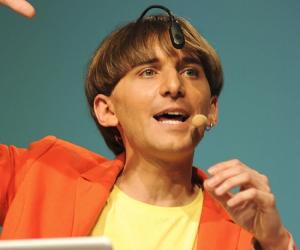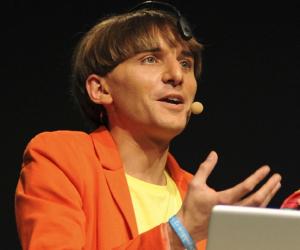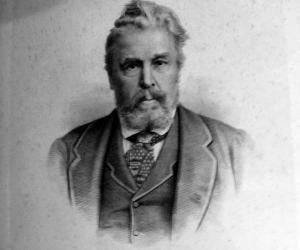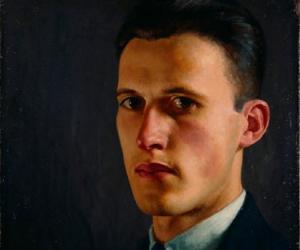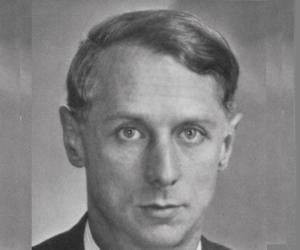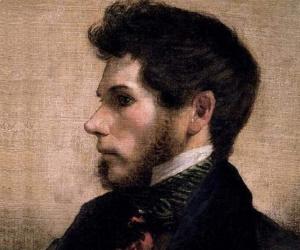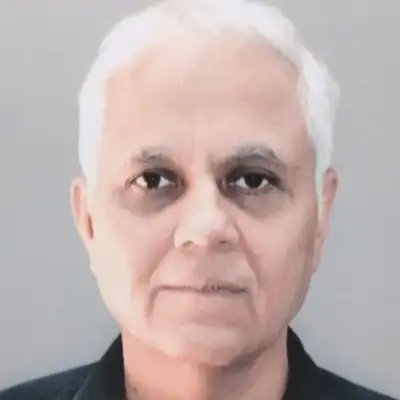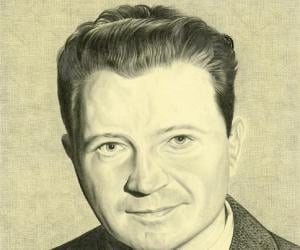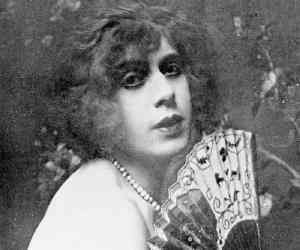Born In: Mataró, Spain
Neil Harbisson
(Cyborg Artist Known for Being the First Person in the World With an Antenna Implanted in His Skull)
Neil Harbisson is a British-Irish cyborg artist of Spanish origin. He is also an activist for transpecies rights. He is famous for being the world`s first person who has an antenna implanted into his skull. He has also been recognized lawfully as a cyborg by a government. The antenna on his head, which he calls an ‘eyeborg’, can send audible vibrations through his skull so that the information can be reported to him. This can also include measurements of electromagnetic radiation, as well as phone calls and music, which can all be translated into audible vibrations. His antenna is also Wi-Fi and Bluetooth-enabled. It can also allow him to receive signals as well as data from satellites. Harbisson thinks of himself as a technology, as well as a transpecies. He has also stated that he no longer feels 100% human. He is the co-founder of the Cyborg Foundation, an international organization which defends rights of cyborgs, as well as promotes cyborg art. They also support other people wanting to become cyborgs. He also co-founded the ‘Transpecies Society’ in 2017, which is an association known for giving voice to the people who have non-human identities. They also raise awareness of the problems and challenges faced by transpecies.
Artists #149
Artists & Painters #280
1
1
